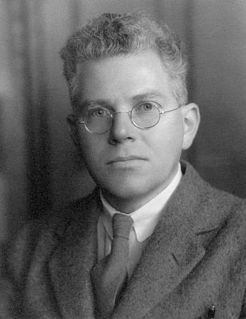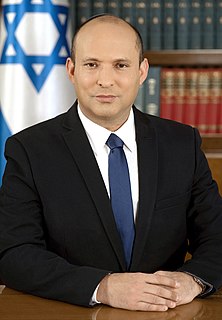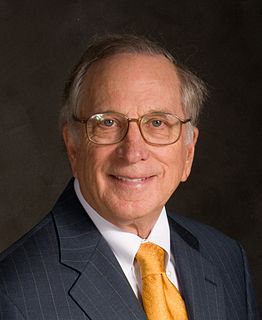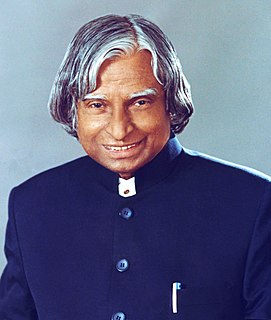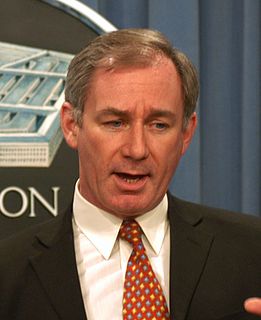A Quote by John Holdren
I think we ultimately ought to look to put all uranium enrichment and fuel reprocessing, if any is done, under multinational control. Those are the two technologies by which nuclear energy can be translated into nuclear weapons programmes.
Related Quotes
What is the only provocation that could bring about the use of nuclear weapons? Nuclear weapons. What is the priority target for nuclear weapons? Nuclear weapons. What is the only established defense against nuclear weapons? Nuclear weapons. How do we prevent the use of nuclear weapons? By threatening to use nuclear weapons. And we can't get rid of nuclear weapons, because of nuclear weapons. The intransigence, it seems, is a function of the weapons themselves.
I, who had been in favour of nuclear energy for generating electricity ... I suddenly realised that anybody who has a nuclear reactor can extract the plutonium from the reactor and make nuclear weapons, so that a country which has a nuclear reactor can, at any moment that it wants to, become a nuclear weapons power. And I, right from the beginning, have been terribly worried by the existence of nuclear weapons and very much against their use.
Almost all of the governments have agreed that they will not acquire nuclear weapons and that they will allow the International Atomic Energy Agency to monitor their commercial and research nuclear power operations to ensure that nuclear materials - highly enriched uranium and plutonium - are not diverted to use in weapons.
At the height of Iraq's clandestine nuclear weapons program, which nearly succeeded in building a bomb in 1991, Tuwaitha incorporated research reactors, uranium mining and enrichment facilities, chemical engineering plants and an explosives fabrication center to build the device that detonates a nuclear core.
I don't want to use the term "nuclear weapons" because those people in Iran who have authority say they are not building nuclear weapons. I make an appeal to the countries who do have nuclear weapons. They don't consider them a nuclear threat. But let's say a country that doesn't have nuclear weapons gets involved in building them, then they are told by those that already have nuclear weapons that they oppose [such a development]. Where is the justice in that?
The Iranians know that if they develop nuclear weapons, they will be in tremendous jeopardy from military capabilities of their neighbors and of the United States. I am not predicting what will happen in 2013, but I do think it is a crucial year. I hope we can make it clear to the Iranians that we do not object to them having peaceful use of nuclear power. But when they enrich Uranium to a 20 percent level, people think they are going for the bomb. Their uranium enrichment program is a real danger.
The international community must do a better job of controlling the risks of nuclear proliferation. Sensitive parts of the nuclear fuel cycle - the production of new fuel, the processing of weapon-usable material, the disposal of spent fuel and radioactive waste - would be less vulnerable to proliferation if brought under multinational control.
Nuclear power generation has been given a thrust by the use of uranium-based fuel which US is set to supply to India if the deal comes through. However, there would be a requirement for ten-fold increase in nuclear power generation even to attain a reasonable degree of energy self-sufficiency for our country.
As far as U.S. intelligence knows, Iran is developing nuclear capacities, but they don't know if they are trying to develop nuclear weapons or not. Chances are they're developing what's called 'nuclear capability,' which many states have. That is the ability to have nuclear weapons if they decide to do it. That's not a crime.
My central arms control objective has been to reduce substantially and ultimately to eliminate nuclear weapons and rid the world of the nuclear threat. The prevention of the spread of nuclear explosives is to additional countries is an indispensable part of our efforts to meet this objective. I intend to continue my pursuit of this goal with untiring determination and a profound sense of personal commitment.


